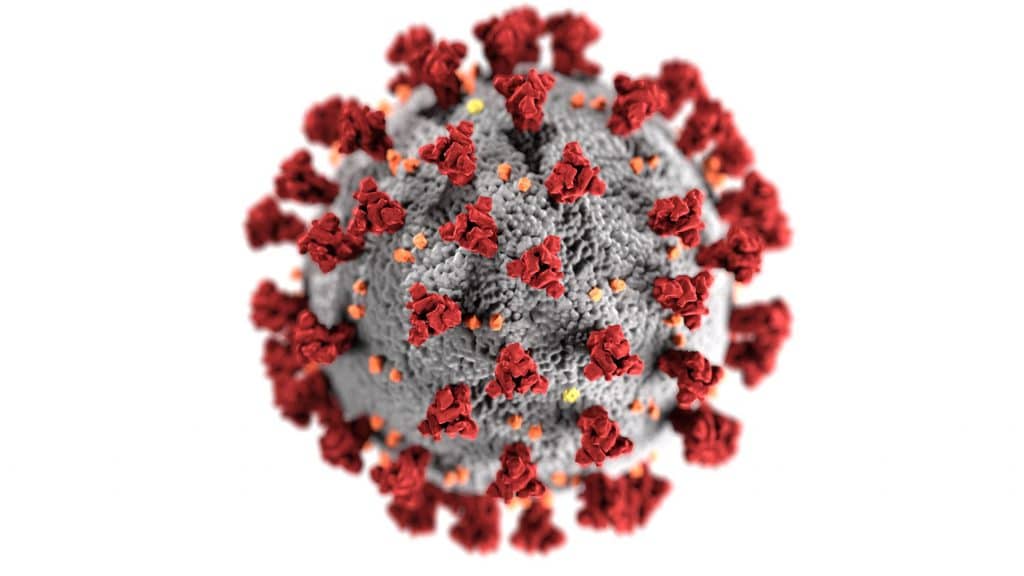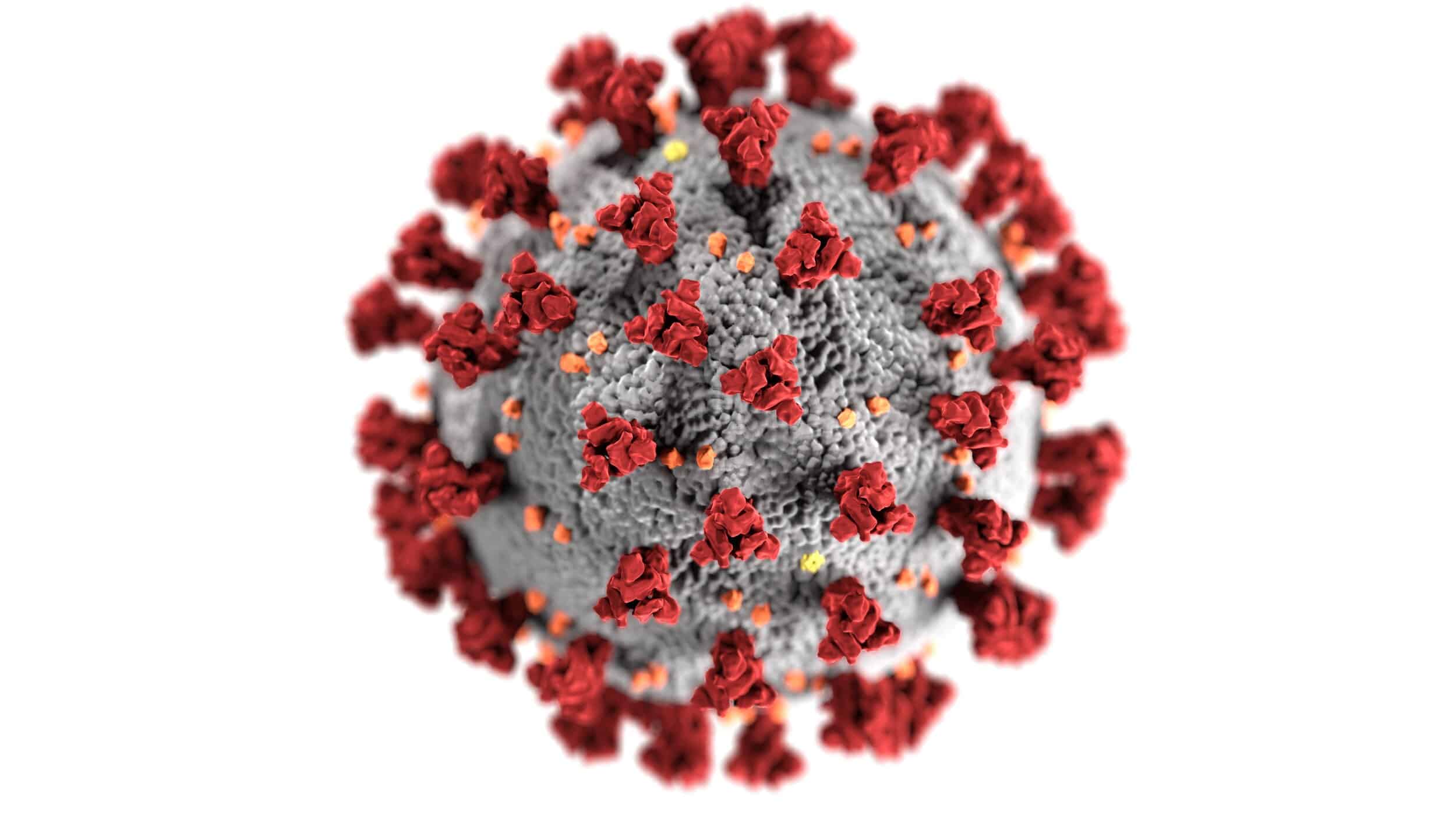
Stopping the spread: How far away is a coronavirus vaccine?
Delaney Blackburn, Staff Writer
COVID-19 vaccines could be available to the public as early as January 2021. However, not everyone may be able to get the vaccine right away.
Currently, there is no FDA-approved or authorized vaccine for the prevention of COVID-19. But steps are being taken in the right direction.
On May 15, 2020 President Donald Trump announced Operation Warp Speed, a partnership between multiple health organizations with the goal to safely produce $300 million doses of COVID-19 vaccines by January 2021.
According to the CDC, when COVID-19 vaccines first get FDA approval in the United States, not everyone may be able to be vaccinated right away due to a limited supply. Due to this concern, the federal government has invested in select vaccine manufacturers to help them make a large amount of COVID-19 vaccines more quickly.
The goal of the investment is for the United States to start with as much vaccine as possible and increase the supply in the following weeks and months. As soon as large quantities are available, everyone should be able to get a COVID-19 vaccine without having to travel far.
As of Oct. 13, 2020, four vaccines have begun large-scale clinical trials in the United States.
Christina Eddy, a professor of biology at North Greenville University said, “The idea behind a vaccine is that you will develop a specific response to the virus … your immune system will develop the process to get rid of the real virus so fast that you don’t get sick.”
Eddy teaches about viruses and vaccines every semester in immunology.
“Making a vaccine usually takes a decade or more,” said Eddy, “it is not a guarantee that they will always work … so it’s a good thing that we have so many different scientists and companies looking to make a vaccine; it just increases the likelihood that they will find one that will work in a very short period of time. It’s truly groundbreaking what they’re doing to get the COVID vaccine out fast.”
Eddy insisted that developing a vaccine must be done ethically. To do so, scientists have to wait for enough people to become infected before they can know whether or not the vaccine is working.
Eddy continued, “You can’t give someone the vaccine and the virus to see if it protects them; that’s not ethical. That’s called a challenge trial. People do challenge trials with animals but not people because you don’t know if it will protect them or not. That’s not what’s being done with COVID right now.”
Eddy said that because vaccines slow down the infection rate of a virus, a vaccine could end the pandemic depending on the population’s immunity.
Eddy added that genetics and general health play a role in how severe a person’s COVID-19 symptoms are.
She explained, “Part of the reason people with high blood pressure, diabetes and heart disease have worse outcomes is because the systems that are regulated by the receptor the virus binds to are already under stress.”
Antibodies do offer protection from COVID-19, but some people may be reinfected if they don’t produce antibodies that are effective enough.
“If the immune cells can’t get rid of COVID initially,” Eddy explained, “they will trigger your body to produce a specific response where you have cells that will produce the antibodies.”
Eddy said that it takes more than one week for the body to start producing any antibodies. She added that most people develop an immune response to get rid of the virus.
The COVID-19 virus binds to a type of molecule called the ACE receptor. The ACE receptor is mainly responsible for regulating blood pressure.
The types of cells that contain the ACE receptor include cells in the lungs, heart, kidney and digestive tract.
Eddy said, “So if you look at the symptoms of COVID, you first end up with respiratory symptoms, but some people have digestive symptoms, some people have sore throats, some have issues with their lungs, their kidneys … so it’s partly how far the virus spreads in the body before the immune system gets rid of it. It depends on how many different systems are going to be changed by the virus.”
For more information on the coronavirus, visit the CDC or the HHS websites.

